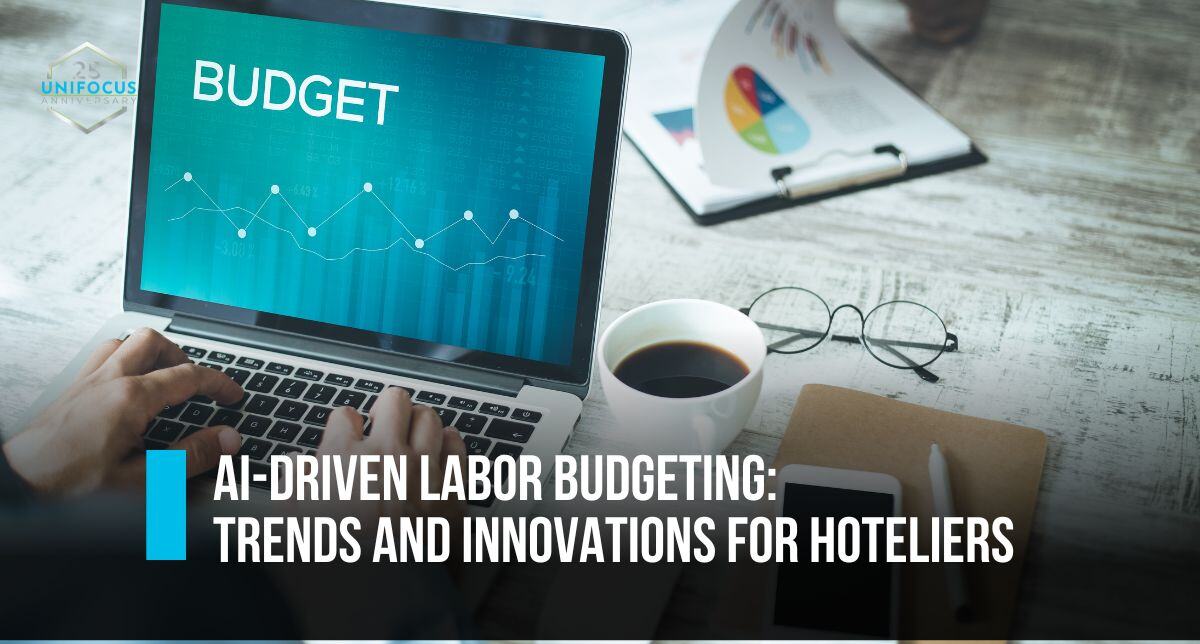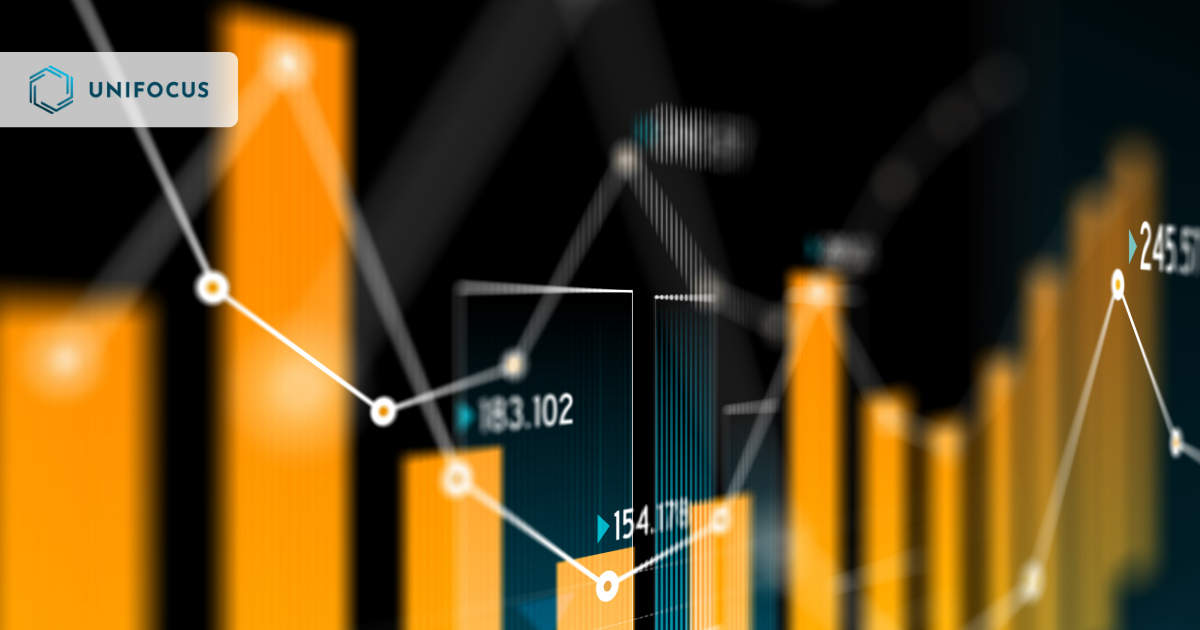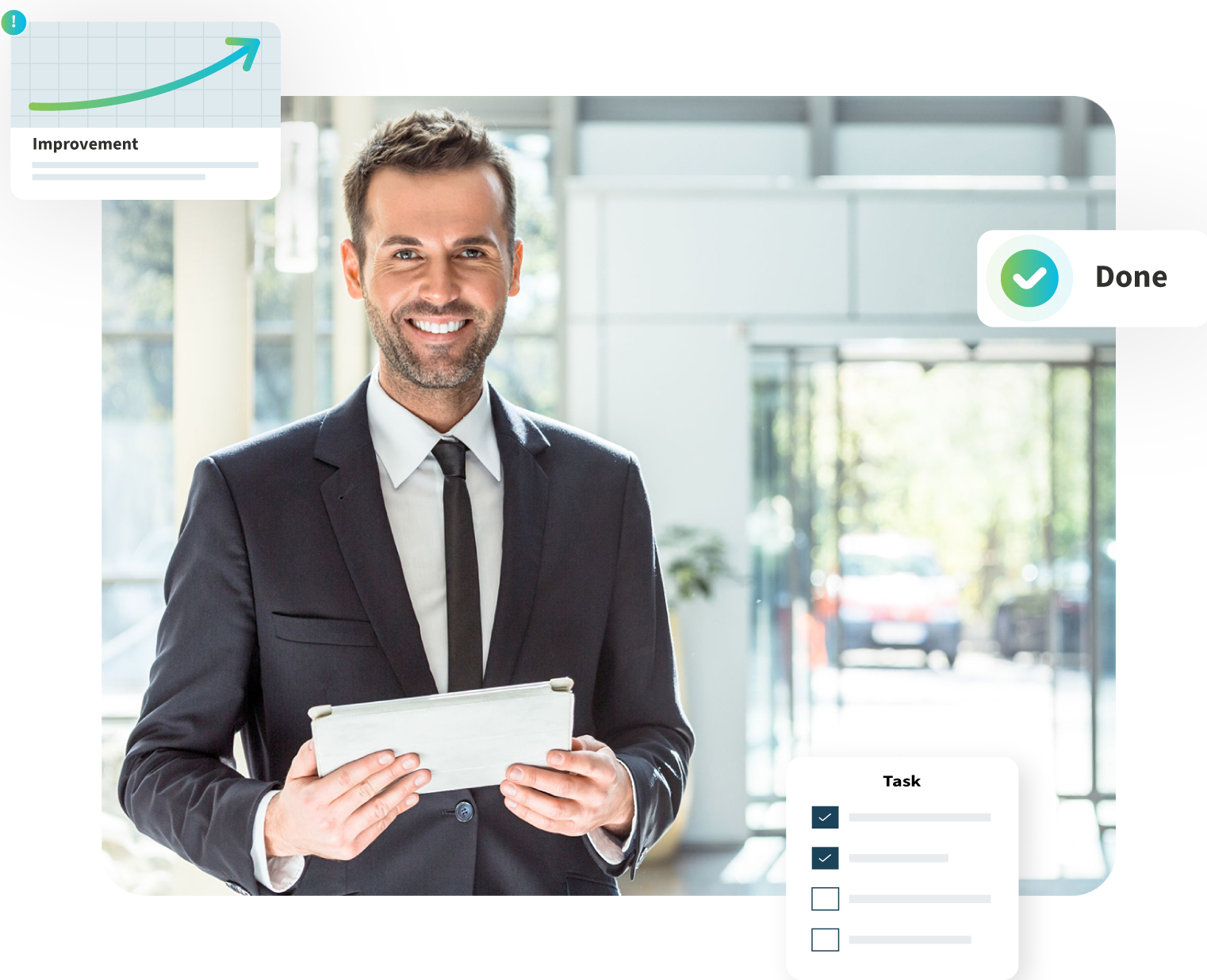The hospitality industry is facing growing complexity as guest expectations rise and operational costs increase. Budget planning for 2025 presents both challenges and opportunities, especially when it comes to managing labor. Labor costs typically make up one of the largest portions of any hotel’s budget, and getting those forecasts wrong can result in significant financial strain. But with advancements in data analytics, predictive modeling is becoming a key tool for hoteliers aiming to stay ahead in labor forecasting.
Predictive modeling uses historical data, algorithms, and advanced analytics to forecast future staffing needs with greater accuracy. Rather than relying on outdated methods, hotels can now turn to technology to forecast labor demand in ways that weren’t possible just a few years ago. This blog will explore how predictive modeling can revolutionize your labor forecasting and budget planning for 2025.
Why Predictive Modeling is the Future of Labor Forecasting
Accurate labor forecasting is essential for ensuring your hotel is well-staffed without overspending on unnecessary labor costs. Historically, labor planning has relied on manual methods or generalized assumptions that don’t always reflect real-time conditions. Predictive modeling offers a new approach, combining data science with day-to-day operations to provide insights that are both detailed and actionable.
Here’s why predictive modeling is transforming how hotels plan their labor budgets:
- Data-Driven Accuracy: Predictive models analyze historical data—like guest bookings, event schedules, local tourism trends, and even weather patterns—to predict future staffing needs. This level of precision allows hotels to avoid both understaffing during peak periods and overstaffing during slower times.
- Cost Management: Managing labor is a balancing act between guest satisfaction and cost efficiency. With predictive modeling, hotels can better align their labor costs with expected revenue, reducing the risk of unplanned overtime, last-minute hires, or unnecessary shifts.
- Proactive Staffing: Instead of reacting to guest surges or seasonal changes after they happen, predictive models allow you to prepare in advance. This leads to smoother operations and fewer disruptions during busy periods.
Key Benefits of Predictive Labor Forecasting in 2025
As we look ahead to 2025, the benefits of predictive labor forecasting will continue to expand, giving hotels a strategic edge in the marketplace. Here are a few reasons why:
- Reduced Labor Costs: With the ability to forecast labor needs accurately, hotels can better manage their budgets by preventing wasteful spending on excess labor. Predictive models allow for precise scheduling, ensuring that staffing levels align with demand, which can significantly reduce the need for expensive last-minute hires or overtime.
- Enhanced Guest Experience: Labor forecasting isn’t just about cutting costs—it’s also about maintaining quality. Predictive models help ensure that the right number of staff are available at the right time, improving the overall guest experience. Proper staffing can lead to faster check-ins, better service in restaurants, and quicker response times for guest requests.
- Improved Workforce Management: When staffing levels are more predictable, employees benefit too. Predictive models allow for fairer scheduling, reduced burnout from overwork, and a more balanced workload across the team. Happy employees are more productive and deliver better service, contributing to the hotel’s overall success.
How Predictive Modeling Works in Budget Planning
Predictive modeling is not just about crunching numbers—it’s about turning data into actionable insights that improve both budgeting and operations. Here’s how it works in practice:
-
Gathering Data: To start, predictive models rely on a wide range of data inputs. This includes historical guest bookings, room occupancy rates, event schedules, seasonality, and even local events or holidays that impact demand. By incorporating a broad set of variables, the model can create a more nuanced forecast.
-
Pattern Recognition: The model then identifies patterns and trends within this data. For example, it might detect that your hotel consistently sees an uptick in weekend bookings during certain months, or that demand fluctuates based on specific holidays or local events.
-
Generating Predictions: Once patterns are established, the model generates labor forecasts for future periods. These predictions are highly specific, down to the number of staff needed for each department during various times of the day, week, or season.
-
Adjusting in Real-Time: The beauty of predictive modeling is that it doesn’t just provide a one-time forecast. As new data becomes available—whether that’s recent bookings, shifts in local tourism trends, or even unexpected weather changes—the model adjusts its predictions in real-time.
Best Practices for Using Predictive Modeling in Your 2025 Budget
Implementing predictive modeling into your labor forecasting strategy requires thoughtful planning and alignment with your overall business goals. Here are some best practices to keep in mind:
- Integrate with Operations: Predictive modeling works best when it’s fully integrated into your hotel’s operational systems. This means aligning the model’s forecasts with your scheduling tools, payroll systems, and booking platforms to ensure smooth execution.
- Train Your Managers: Your department heads and managers will play a crucial role in implementing the labor forecasts. Providing training on how to interpret and act on the model’s predictions will ensure that staffing aligns with the forecast, avoiding operational disruptions.
- Monitor and Refine: Like any system, predictive modeling requires continuous monitoring and refinement. As you gather more data and use the model over time, it will become more accurate and tailored to your hotel’s specific needs. Regularly review its predictions and make adjustments as necessary.
- Use Feedback Loops: Always gather feedback from both employees and managers on how well the staffing levels match actual demand. This will help you fine-tune the predictive models and improve future forecasts.
Predictive Modeling as a Strategic Asset for 2025
As the hospitality industry becomes more competitive, hotels that leverage advanced technologies like predictive modeling will have a distinct advantage. The ability to forecast labor needs with precision allows for smarter budgeting, more efficient operations, and enhanced guest satisfaction—all critical components for success in 2025.
Predictive modeling doesn’t just provide answers to immediate staffing needs; it offers a long-term strategic asset that can inform your business decisions for years to come. By incorporating predictive labor forecasting into your budget planning, you can ensure that your hotel is both financially sustainable and operationally efficient.
As you prepare your budget for 2025, consider how predictive modeling can enhance your labor forecasting and overall planning process. With better foresight and data-driven insights, you can create a more resilient, adaptable, and profitable operation in the years to come. Let the Unifocus team help you get started by requesting a demo below.






